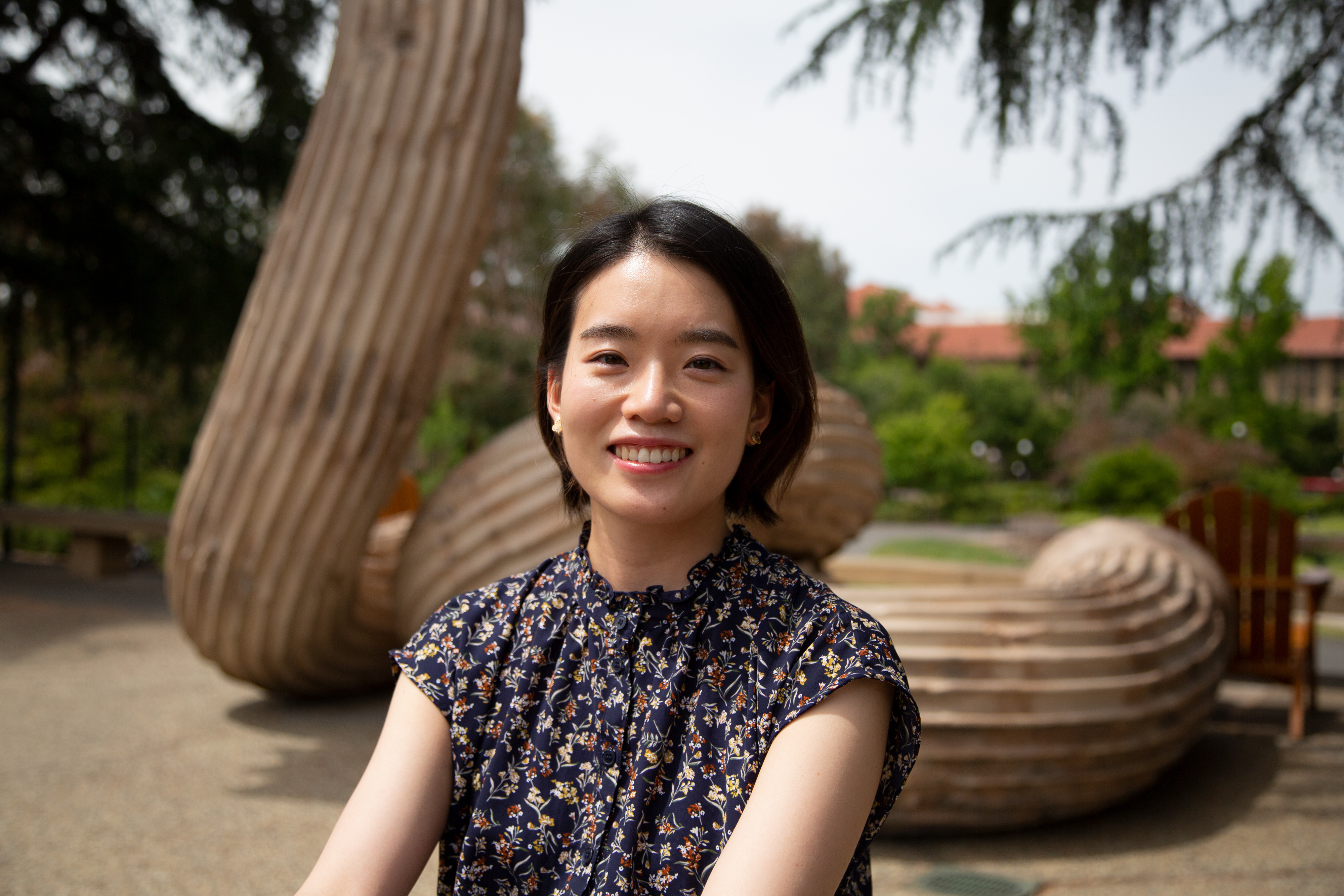
I decided to study in the ICE master’s program to achieve my goal of creating an equitable and inclusive learning environment where underrepresented women scholars can confidently learn. Leading a non-profit organization for advancing gender equity and teaching minority students, combined with my upbringing in Japan and Hawai’i, motivated me to pursue my interest in gender and higher education.
To help policymakers and university leaders institutionalize DEI initiatives, I wanted to gain and practice quantitative research skills through a master’s program. Growing up in a family that believed a woman could not pursue a long-term career made it difficult to envision my future career path. However, joining the non-profit organization for gender equity made me realize that I’m not alone; many young women continue to face social barriers in school and work. After working on implementing diversity, equity, and inclusion (DEI) programs and groups in workplaces and universities, I learned that organizational change agents often lack data-driven solutions to advance gender equity. To become a scholar who can foster institutional changes, I was looking for an international, rigorous methodological training and research-oriented program. The ICE master’s program seemed ideal and met all of my requirements.
My experience in the ICE program was beyond my expectation. I took data analysis and regression courses, which were both thoughtfully organized and practical. In every class, instructors shared education-related articles as examples, engaging students in active discussion. The program also introduced me to various theoretical frameworks, which became my eyeglasses to see the world. In addition to the courses, the master’s seminar ensured that students write high-quality theses by the end of the academic year. With the supportive teaching team and faculty members’ guidance, I got to write a thesis exploring why Japanese universities adopt gender equality initiatives. I had an opportunity to speak with university leaders in courses I took, ask questions to higher education experts on campus, and attend Stanford’s events related to the DEI topics. Another highlight is learning about education systems in different countries, such as Brazil, Pakistan, and China, through discussions with my cohort. I would not have been able to learn about those systems if I did not enroll in the program. Finally, learning and collaborating with researchers and students passionate about providing equitable learning opportunities to all students motivated me to pursue my goal further. Every scholar I spoke with in the GSE was deeply concerned about one’s contribution to education and believed that learning could improve lives. The network I developed within the GSE is one of the most valuable resources I acquired.
Now that I completed the ICE program, I can confidently say that I’m a researcher who can propose data-driven solutions in areas of gender and higher education. I will apply the skills and experiences I gained to my next step and develop a research project as a Study of Women in Asia Fellow at the Center of East Asian Studies while working as a researcher with local governments in Japan. I could not have imagined encountering these opportunities before coming to Stanford, and I am forever grateful for the assets I gained in the ICE.